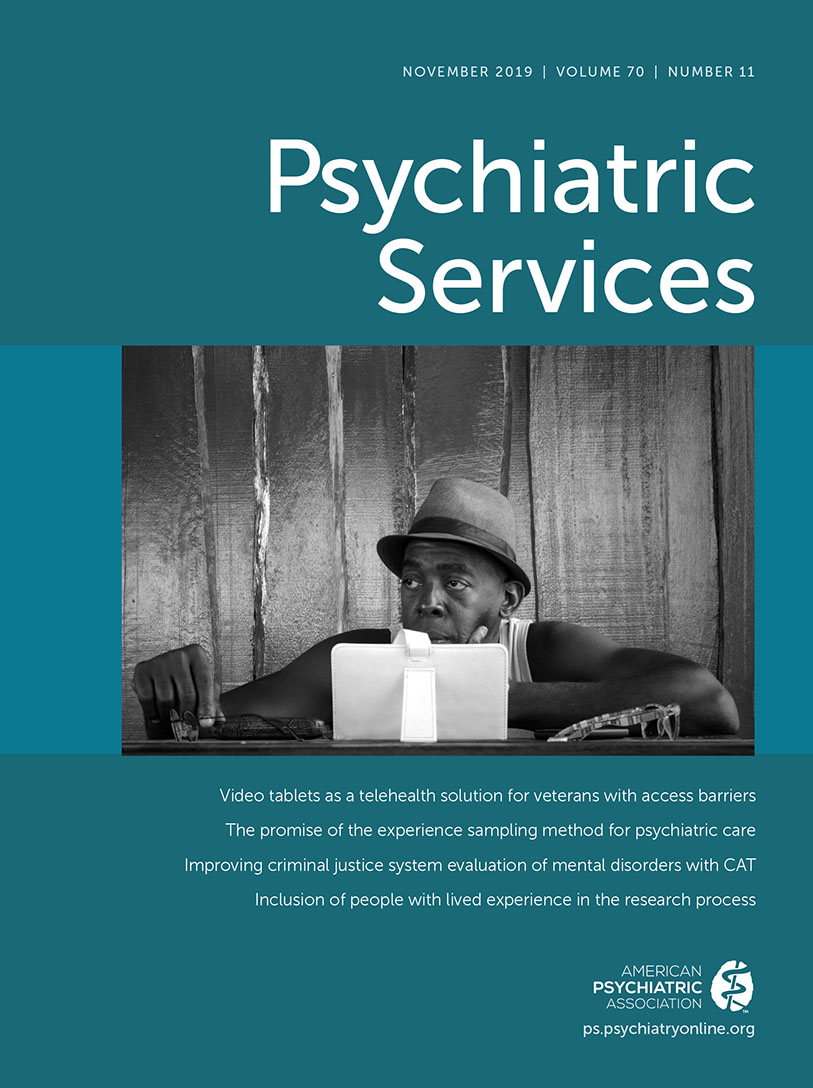Quality Measures for Managing Prescription of Antipsychotic Medication Among Youths: Factors Associated With Health Plan Performance
Abstract
Objective:
This study examined the performance of health plans on two HEDIS measures: metabolic monitoring of children and adolescents prescribed an antipsychotic and use of first-line psychosocial care for children and adolescents prescribed an antipsychotic for a nonindicated use. Plan characteristics and other contextual factors that may be associated with health plan performance were examined to identify potential strategies for improving care.
Methods:
The study population included 279 commercial and 169 Medicaid health plans that voluntarily submitted data for care provided in 2016. Bivariate associations between performance on the two measures and each plan characteristic (eligible population size, region, profit status, model type, and operating in a state with legislation on prior authorization for antipsychotics) were examined. Main-effects multivariable linear regression models were used to examine the combined association of plan characteristics with each measure.
Results:
Performance rates on both measures were comparable for commercial and Medicaid plans. Among commercial plans, not-for-profit plans outperformed for-profit plans on both measures. Commercial and Medicaid plans in the North performed significantly better on the metabolic monitoring measure. Commercial plans in the South and Medicaid plans in the West performed significantly worse on the first-line psychosocial care measure. Plans operating in states requiring prior authorization performed significantly better on the metabolic monitoring measure.
Conclusions:
This study identified key plan characteristics and other contextual factors associated with health plan performance on quality measures related to pediatric antipsychotic prescribing. Findings suggest that quality measures, in conjunction with policies such as prior authorization, can encourage better care delivery to vulnerable populations.



